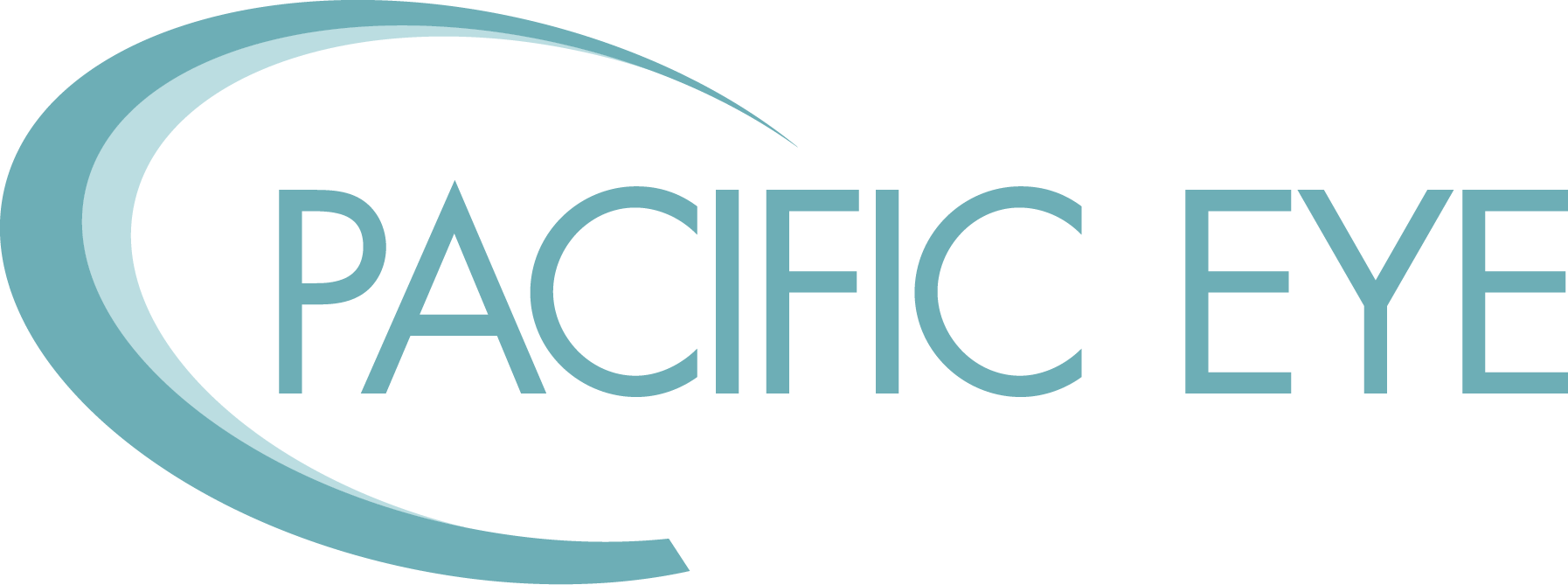Introduction
Swollen eyelids can be more than just a cosmetic concern; they often signal underlying issues that require our attention. When fluid accumulates around the eyes, discomfort and irritation can disrupt daily life, making it difficult for many seniors to enjoy their routines. We understand how frustrating this can be, prompting the search for the quickest and most effective solutions.
In this article, we’ll explore the causes of eyelid swelling, from allergies to infections, and discuss both home remedies and professional treatments available to alleviate symptoms. Together, we can navigate the complexities of eye health and find relief.
But what truly is the fastest way to heal swollen eyelids? How can one differentiate between temporary irritation and a sign of something more serious? These are important questions that deserve thoughtful answers.
Defining Swollen Eyelids: What They Are and Why They Occur
Swollen eyelids, or eyelid edema, can be a frustrating experience for seniors, prompting the question: what is the fastest way to heal a swollen eyelid? When fluid builds up in the tissues around the eyes, it results in puffiness and discomfort, leading one to wonder what is the fastest way to heal a swollen eyelid? This condition can affect one or both eyes and may come with symptoms like redness, itching, pain, and sensitivity to light. It’s important to recognize that swelling can stem from various causes, including allergic reactions, infections, or inflammation, which may lead to the question: what is the fastest way to heal a swollen eyelid? For many, allergies to pollen or dust can trigger histamine release, while infections like conjunctivitis or styes might require medical evaluation and treatment.
Understanding swollen eyes is vital, as they can indicate underlying health issues that may need attention. For instance, conditions like Graves’ disease, which affects thyroid function, can lead to significant swelling and other eye-related symptoms. Recognizing these signs early can make a difference, emphasizing the importance of awareness and timely intervention in eye care.
At Pacific Eye, we’re here to support you. We offer outpatient eye surgery for those facing ongoing issues. This procedure involves making incisions in the natural folds of the eyes to remove excess fat, skin, and muscle, resulting in minimal scarring and a refreshed appearance. Our board-certified surgery specialist has extensive training and a proven track record, ensuring that you receive the best care possible.
While dealing with swollen eyes, it’s wise to avoid wearing eye makeup and contact lenses until you feel better, particularly if you’re considering what is the fastest way to heal a swollen eyelid? Gently cleaning the area around your eyes with a mix of baby shampoo and water after using a compress can also help. If your symptoms persist or worsen, especially if you experience fever, vision loss, or unusual protrusion of the eyes, please seek immediate medical attention. Remember, together we can navigate these challenges and find the right solutions for your eye health.
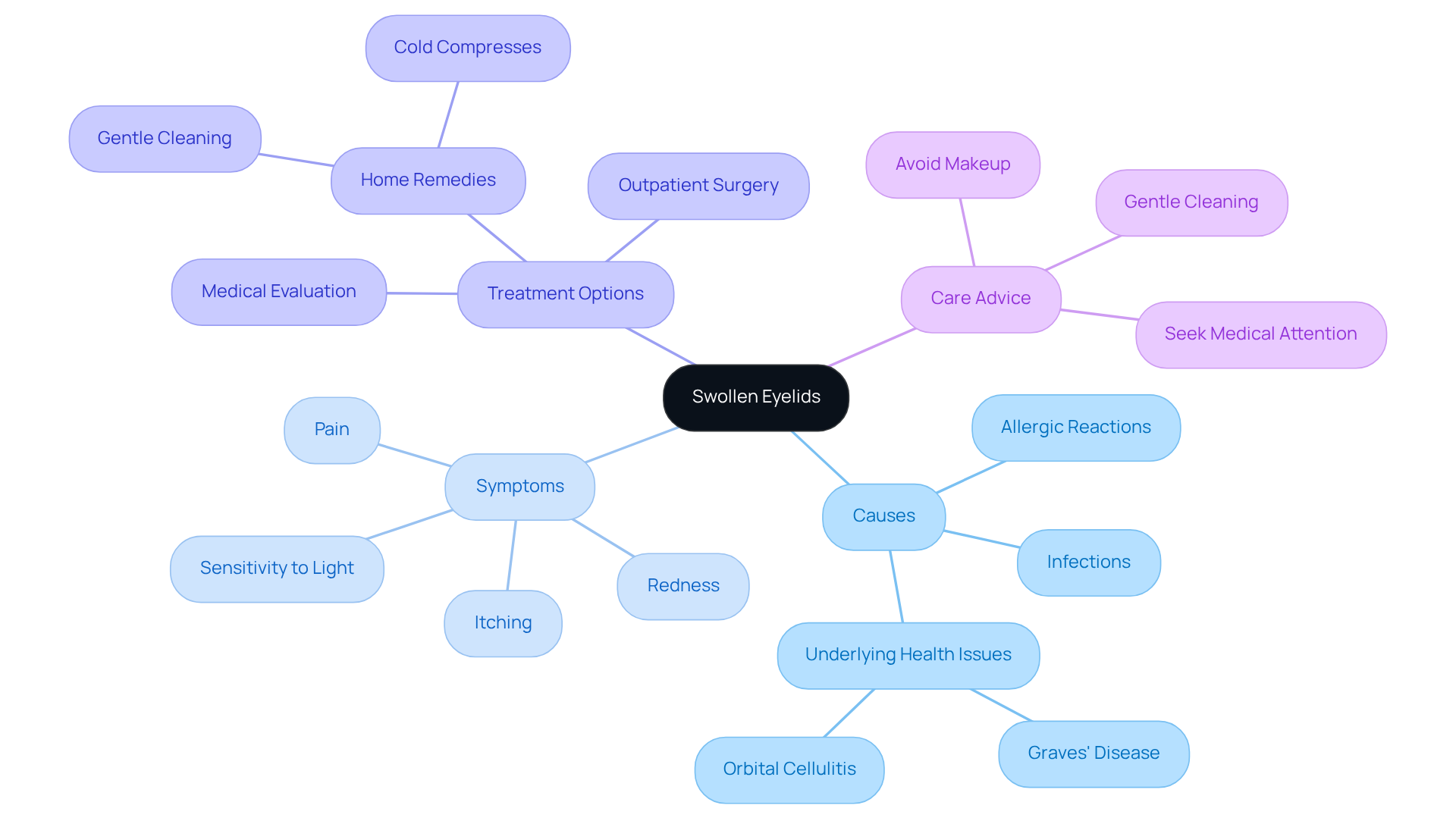
Identifying Causes of Swollen Eyelids: Allergies, Infections, and More
When dealing with swollen eyelids that can arise from various causes, it is important to consider what is the fastest way to heal a swollen eyelid.
-
Allergies: Many seniors may find themselves dealing with allergic reactions to common triggers like pollen, dust, pet dander, or even cosmetics. These reactions often lead to inflammation and swelling of the eyelids, accompanied by itching and redness. We understand how these symptoms can significantly impact daily comfort, making it essential to address them promptly.
-
Infections: Conditions such as conjunctivitis (pink eye) and blepharitis (inflammation around the eye) are not uncommon among adults. These infections can lead to significant puffiness and may be bacterial or viral in nature. It’s important to seek medical intervention for resolution. For instance, conjunctivitis usually resolves within one to two weeks with appropriate care, but chronic cases may linger longer. This highlights the need for timely diagnosis and treatment, ensuring that we can navigate these challenges together.
-
Injury: Trauma to the eye area, whether from a bruise, insect bite, or other injuries, can lead to localized swelling. Such injuries often result in immediate discomfort and may require evaluation by an eye care professional to rule out more serious complications. We recognize that any injury can be concerning, and seeking help can provide peace of mind.
-
Chronic Conditions: Underlying health issues, such as thyroid disease or kidney problems, can also present as swollen eyes. These conditions may indicate fluid retention or other systemic issues, warranting further medical evaluation to address the root cause. Together, we can ensure that these underlying issues are managed effectively.
Identifying these causes is crucial for determining what is the fastest way to heal a swollen eyelid. If symptoms persist or worsen, consulting an eye care provider is essential to ensure appropriate treatment and prevent complications. Remember, you’re not alone in this journey; we’re here to support you.
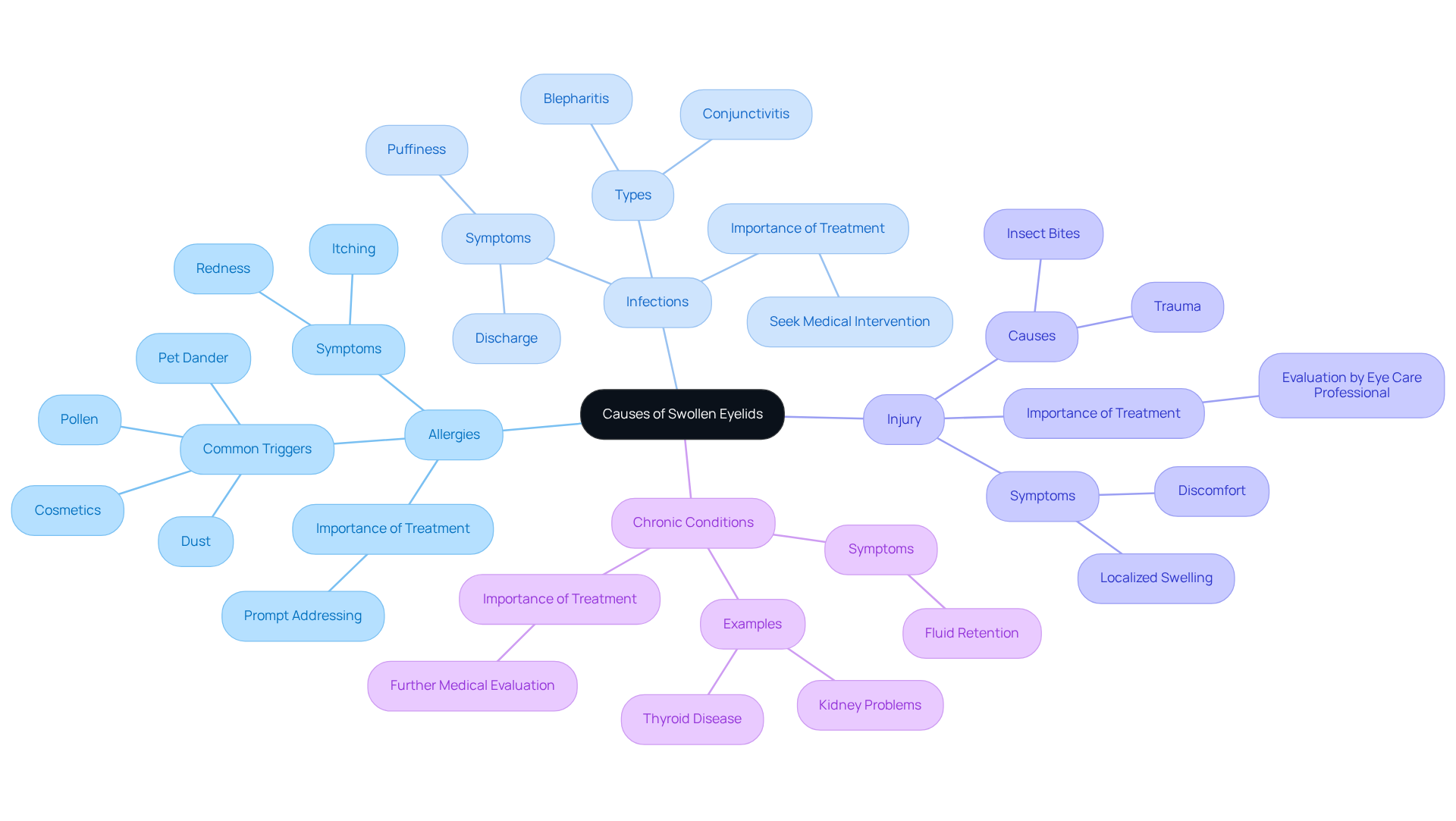
Exploring Treatment Options: Home Remedies and Professional Care
Dealing with swollen eyelids can be a frustrating experience, especially for seniors who often wonder what is the fastest way to heal a swollen eyelid. Understanding the underlying causes is essential, and when considering both home remedies and professional care options available to alleviate discomfort, one might wonder what is the fastest way to heal a swollen eyelid to restore confidence.
Home Remedies:
- Cold Compress: Imagine coming home after a long day and finding your eyelids swollen. A clean, cool compress applied for 10-15 minutes can be a soothing relief. This simple method works by narrowing blood vessels, helping to reduce puffiness and discomfort.
- Warm Compress: If you suspect blocked glands, a warm compress might be just what you need. It can help open those glands and promote drainage, easing symptoms related to styes or chalazia.
- Hydration: Staying well-hydrated is crucial. Drinking enough water can significantly reduce puffiness around the eyes, making a noticeable difference in how you feel.
- Avoiding Allergens: We understand that recognizing and avoiding allergens, like certain cosmetics or environmental triggers, can prevent further inflammation and irritation, allowing you to feel more comfortable in your skin.
Professional Care:
- If your eyelid swelling persists or is accompanied by severe symptoms, such as pain, vision changes, or significant redness, it’s important to consult an eye care professional. At Pacific Eye, our board-certified specialists are here to evaluate your condition and guide you toward the most suitable treatment. They may prescribe antihistamines for allergic reactions, antibiotics for infections, or even suggest surgery if necessary. Surgery on the upper and lower eyelids is performed as an outpatient procedure, where local anesthetic is administered, incisions are made in the natural folds of the eyelids, and excess fat, skin, and muscle are carefully removed to enhance appearance and reduce discomfort. The small stitches used to close the incisions dissolve naturally, resulting in minimal scarring.
- Routine eye examinations are vital for monitoring and managing long-term issues that could lead to puffiness around the eyes. Conditions like orbital cellulitis require immediate medical attention, and we want to ensure you receive the care you need when it matters most.
By combining effective home care strategies with expert guidance from Pacific Eye, we can navigate the journey of managing swelling around the eyes together, ensuring optimal eye health. It’s reassuring to know that if you’re wondering what is the fastest way to heal a swollen eyelid, it often resolves within a day. However, if swelling persists, seeking medical advice is crucial, as it can sometimes indicate underlying health issues like kidney disease or thyroid disease.
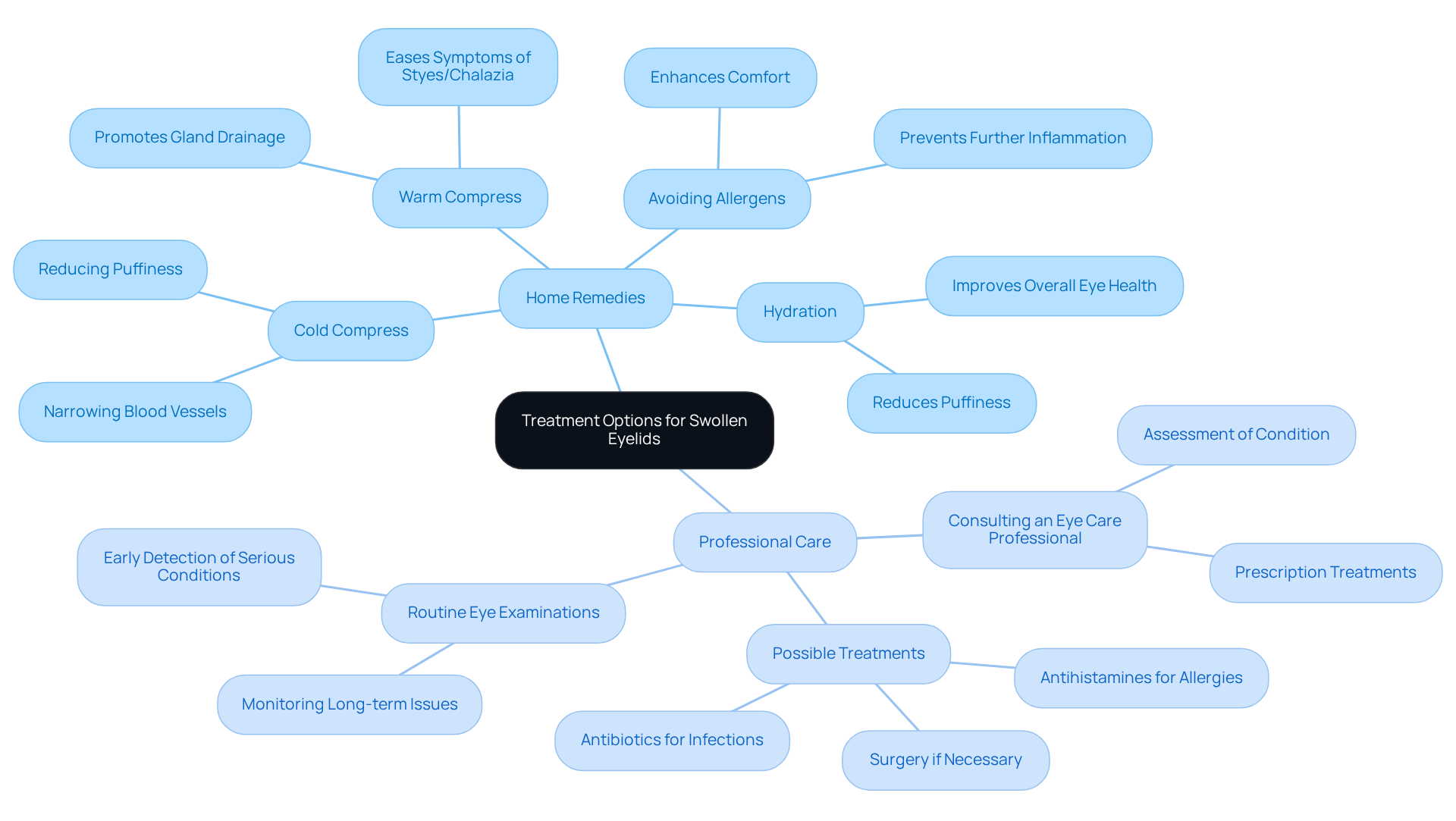
Conclusion
Swollen eyelids can be more than just a physical discomfort; they can impact our confidence and daily lives, especially for seniors. It’s important to understand the causes and effective treatments to alleviate these distressing symptoms quickly. By recognizing the underlying issues – whether they arise from allergies, infections, or other health conditions – we can take informed steps toward healing together.
In this article, we’ve explored various aspects of swollen eyelids, from their definitions to common causes like allergies and infections. We’ve also looked at both home remedies and professional treatment options. Simple strategies, such as applying cold compresses and staying properly hydrated, can provide immediate relief. However, seeking medical attention for persistent or severe symptoms is crucial for our long-term health and well-being.
Ultimately, awareness and timely intervention are key to managing swollen eyelids effectively. Whether through self-care practices or professional guidance, addressing this issue promptly can lead to significant improvements in comfort and quality of life. By taking action when symptoms arise, we not only promote eye health but also enhance our overall well-being. Together, we can navigate these challenges and find relief.
Frequently Asked Questions
What are swollen eyelids?
Swollen eyelids, or eyelid edema, occur when fluid builds up in the tissues around the eyes, leading to puffiness and discomfort.
What symptoms accompany swollen eyelids?
Symptoms of swollen eyelids can include redness, itching, pain, and sensitivity to light.
What causes swollen eyelids?
Swollen eyelids can result from various causes, including allergic reactions, infections, or inflammation. Common triggers include allergies to pollen or dust, as well as infections like conjunctivitis or styes.
How can swollen eyelids indicate underlying health issues?
Conditions such as Graves’ disease, which affects thyroid function, can cause significant swelling and other eye-related symptoms. Recognizing these signs early is crucial for timely intervention.
What should I do if I have swollen eyelids?
It is advisable to avoid wearing eye makeup and contact lenses until symptoms improve. Gently cleaning the area around your eyes with a mix of baby shampoo and water after using a compress may also help.
When should I seek medical attention for swollen eyelids?
If symptoms persist or worsen, especially if you experience fever, vision loss, or unusual protrusion of the eyes, you should seek immediate medical attention.
What treatment options are available for ongoing issues with swollen eyelids?
At Pacific Eye, outpatient eye surgery is offered for those facing ongoing issues. This procedure involves making incisions in the natural folds of the eyes to remove excess fat, skin, and muscle, resulting in minimal scarring and a refreshed appearance.
